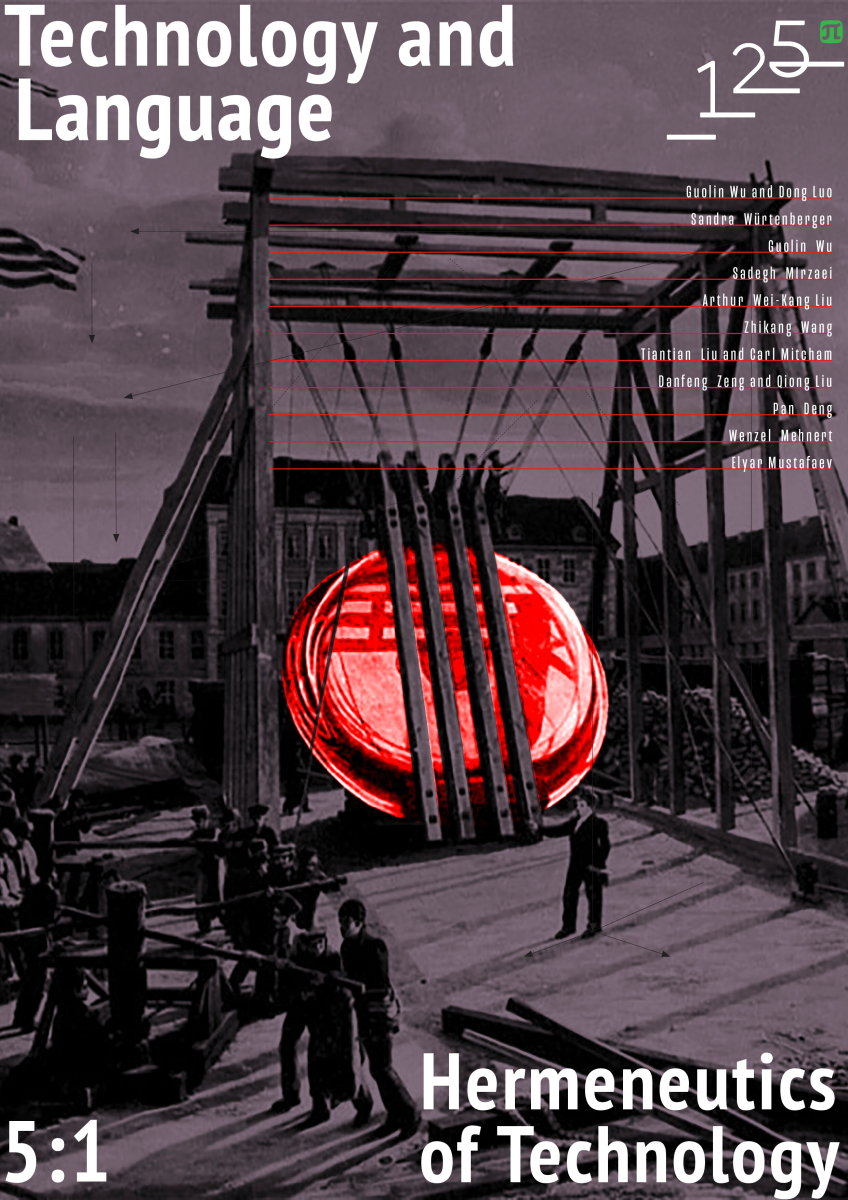Conflation of Technology and Language: A Cognitive Artifact
We use concepts to make distinctions. Blurring these distinctions results in conflations. So, they are commonly seen as vicious. The claim here is that, by contrast, conflations are virtuous because they can do cognitive work. They enrich our conceptual resources. It is not conflation per se that is destructive but the lack of evaluation. Committing a conflation requires two cognitive acts at once. First, keeping things together and, second, appreciating the gap between them. Conflation thus has a family resemblance with notions like analogy and metaphor. Despite their apparent difference, a shared trait is recognizable in this family: the simultaneous maintenance of similarity and difference. This is not a bug, but a feature. The cognitive work is done because of it not despite of it. Consequently, we should evaluate conflations not by appealing to their being conflations per se, but by appealing to what they have done and can do according to our cognitive goals and our cognitive and cultural resources. Throughout history, many have conflated technology and language—most notably Socrates who conflates tools and names. A recent conflation is the case of „computer languages.“ I exhibit the virtuous cognitive work of this conflation in at least three respects: the historical development of computers, their real-time workings, and the incommensurability between computer and human language.



